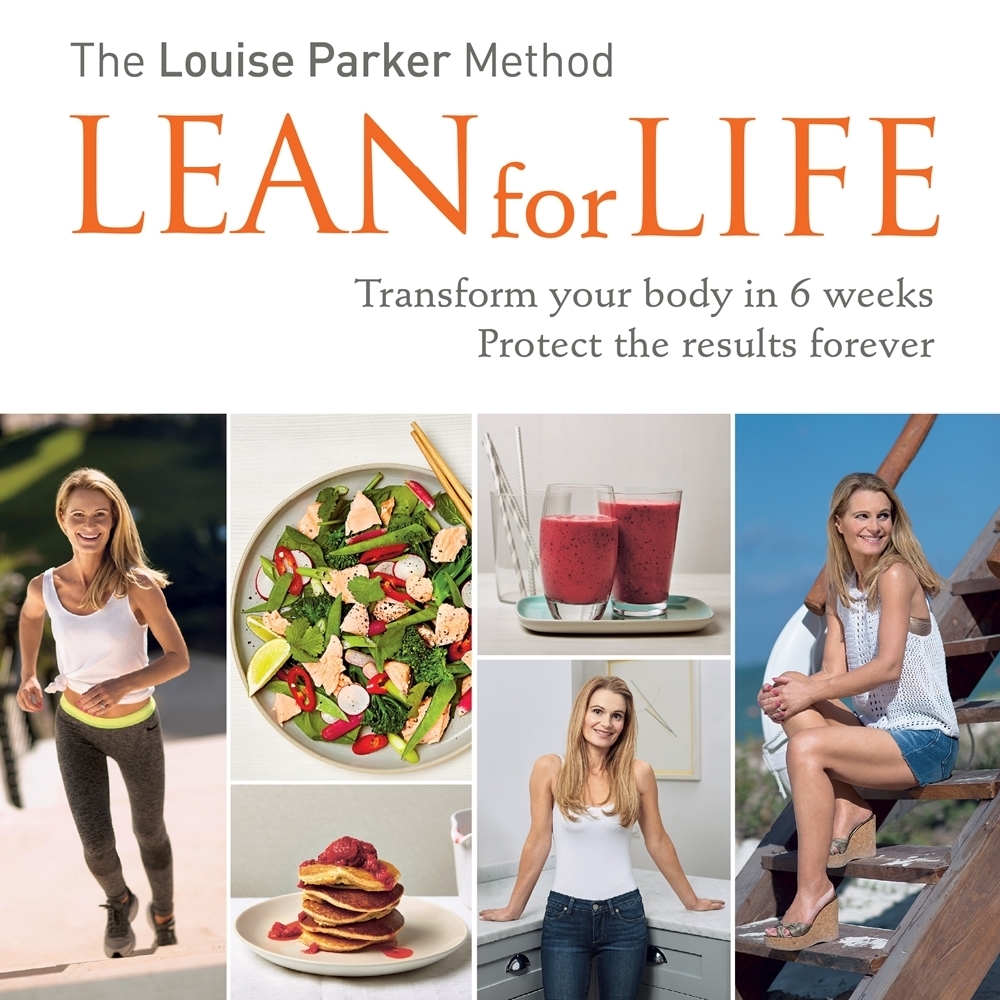There are so many great healthy-eating books on the bestseller list at the moment that celebrate whole food that is beautiful, virtuous and wonderfully nutritious. But it's important not to confuse this with weight loss. There is a big difference between clean eating and lean eating. We've seen a phenomenal rise of clients at Louise Parker who have been following 'clean' recipes and feel really confused as to why they've put on significant weight. Keep your wits about you - and know that a coconut yogurt with 2 cups of granola, agave nectar and cocoa nibs is gorgeous and nutritious, but is just as laden with sugars as a chocolate cake may be. In many cases, even more so. It's one thing to know that you're overweight because you're on first-name terms with the pizza delivery man, but another to be doing what you think is 'healthy', but is in fact laden with hidden calories and sugars - it's what we call 'organically overweight'. We are bombarded with organic, seasonal, wholefood porn - and whilst I'm not for a minute saying this isn't a good thing, it can mislead people into a style of eating whereby they think calories don't matter and are then understandably disheartened when they don't lose weight.

Lean for Life
Instagram is awash with skinny girls posting images of coconut porridge with caramelized prunes and agave nectar.
Delicious - yes; organic - yes; whole food - yes; nutritious - yes. But calorie-wise it's a match for my mother's sticky toffee pudding and best not consumed for breakfast daily, if your goal is to look like the girl in the picture. What you can't see is that perhaps she doesn't eat it, or that she works as a personal trainer for eight hours a day.
Paleo and keto diets are other popular trends, which, in my opinion, are unsustainable and just not healthy for mind or body. Whilst I'm an advocate of eating protein at every meal, my focus is on balance. It's a foundation principle of my food plan that we pay very close attention to portion sizes and what the overall balance is. A Paleo fan with a daily CrossFit habit may be able to get away with snacking on raw cocoa and nut-balls between meals, but if you're in a sedentary job and an occasional light exerciser, you can't burn off the energy - no matter how pure the ingredients are. Whilst eating a raw food bar of cashew nuts, cocoa and honey may be nutritious, if you don't have the energy requirements of an athlete, your body will assimilate the sugars and fats and, as they hit your bloodstream, you will lay down fat, just as you would have done if you'd eaten a KitKat Chunky.
The trick is to eat whole, real, seasonal, nutritious food. Eating whole food is essentially a wise move, but the sugar and calorie content has to be balanced in a way that stabilizes your blood-sugar levels and creates a gentle calorific deficit, whilst boosting you with nutrients, to create an impressive and sustainable fat loss. Just don't forget your common sense. If you're eating three boiled eggs between meetings, it's neither sustainable, wise or normal.
Tagged in Organic

